
The "Listen to Musicians" section is a section where professionals who usually play music on the stage go down the stage and speak in words.This time, we will interview the guest, Satoshi Inoue, a jazz guitarist / composer who is active as a top player in New York. I would like to talk about the theme of "The Path of New York Guitarists" (Interview: September 2005).
-Profile of Satoshi Inoue-

Satoshi Inoue
Born in Kobe.Since he was a student at Doshisha University, he has been active in live houses and concerts mainly in Kansai. In 1989, moved to New York and studied at Jim Hall at The New School Jazz Department, where he was influenced musically and mentally.After graduating from the same school, he studied under Ron Carter at City University of New York.Since then, he has performed with top musicians such as Jim Hall, Junior Mance, Frank Foster, Barry Harris, and Jon Faddis in the New York jazz scene.He is the music director of the instructional video "Jim Hall / Jazz Guitar Master Class", all three volumes, and "Magical Guitar Technique / Bill Frisell".Currently, he is active as one of the most watched guitarists in New York.Lecturer at the New School Jazz Department."Standard that increases every month" is being serialized in Jazz Life magazine.To date, four leader albums have been released.
— First of all, could you tell us what made you interested in music?
The Inoue family played music normally, records were playing normally, my brother listened to folk songs, and my parents loved music, so music was playing normally at home.So I used to listen to records normally.I wonder if the organ went to learn.In the Yamaha classroom.I didn't do it so seriously.
— Did you feel like studying?
Inoue It feels like a lesson.When I was a kid.It's the story of the third grade of elementary school.I quit right away.
— Did you quit right away (laughs)
Inoue: I wonder if I quit after a few years.After that, I wondered if I woke up to rock when I went to high school.My relative's cousin went to the same high school, and when I was a year old, I played as a rock band at the gymnasium of the school festival.It was so shocking.It's pretty big (laughs).
— Is that true (laughs)
Inoue So when I was in my second year of high school, I started playing rock bands.
— You woke up to music, but Inoue went to a so-called general university, not to the music college.
You went to Inoue Doshisha.
— Did you feel like becoming a music professional at that time?
Inoue: I have no plans to do what I'm doing right now.
- really.
Inoue: When we were around, it felt like we could go to college for the time being because we were made to study.Without thinking too much about the future.Well, it seems like you should think about it after you go.So I went to Doshisha and joined a light music club there.Start rocking there.
— Was it rock there too?
It's Inoue Rock.
— It's been rock all the time.
Inoue It's been rock all the time.It's rock.
— That's interesting.
Inoue It's not interesting.In the old days, it's almost the same.Everyone enters from the lock.There were many rock guitarists.Rock guitars may not be so popular right now.At that time, young people played bands and hard rock.Well, what I was doing was blogging.
— Is it a blog?
Inoue There was a little classic and jazz elements, but it was a lot of fun.
- I see, i see.Did you also compose at that time?
Inoue No.I haven't.
— Then, is it completely like a copy band?
Inoue It's a copy band.
— Then, I think you'll be more and more interested in jazz after that.
Inoue Yes.That's why I was in my fourth year of college.I wanted to do some music.
— Is it professional?
Whisper with music
Inoue As a professional.I don't want to get a job normally, or the rebellious period started around that time.I wondered if it would be okay to get a job as it is.And I wanted to play music and guitar seriously.So, I wonder if I started going to jazz school around that time.
- Is that so.
Inoue The reason for jazz school is that the crossover at that time was what we now call fusion.Crossover was popular and I was interested in it.It ended up being a rock-jazz crossover, a rock-jazz fusion. So I thought I couldn't understand this without a little study of jazz.I went to a jazz school in Kyoto, and while I was doing that, I got a job in playing music.
— Suddenly?It's pretty good.
Inoue It's ridiculous.I went to a jazz school for about a year, and the person I went with was playing in a cabaret, and he said he would do it for a while, so if I followed him, you would come from tomorrow and be told by another band. ..It feels like I graduated from college without getting a job (laughs).
— Without job hunting.
Inoue Not at all.I just graduated.
— After that, how did you decide to go to the United States?
Inoue: I was doing various things like a live house in Kyoto, and I was more interested in jazz, rather than fusion.First of all, when I was about 25 years old, I went to New York for only one month.
— Are you addicted to music?
Inoue I went to music.I went with a friend to listen to jazz. Of my 30-day stay, every day, every day, I went out to enjoy jazz.It's already a jazz club, a concert, and so on.
- every day. 30 days?
Inoue I had 30 days, so I went to listen about 40 times.You can listen to live concerts during the day.It's the power of a tourist.
- How was?At that time.
Inoue No, it was amazing, culture shock.After all, it was my first time in a foreign country, so the differences in culture, languages, and sounds, including all of them, are amazing.
— Did you have something that you didn't have anymore?
Inoue No, I don't have it at all anymore.
- So that's it.
Inoue It was a wonderful play.
- Seems like it's for real.There are a lot of great players.Where is New York?
Inoue I do it on a daily basis.
- So that's it.
Inoue Well, I was shocked and came back.
— How after that?
Inoue You've been playing live in Kansai for a long time.Also, while teaching the guitar.After that, I went to New York again for 6 months. It's been about 4 years.
— Did you have a lot of time?
Inoue That's right. I think I did it in 85 years.Maybe when Japan Airlines fell.It was when Hanshin won the championship.I think it was around that time.At that time, the maximum tourist visa at that time was 6 months.It's been 6 months, so it's going to be a life.
- Yeah, you are right.
Jazz guitarist running in New York
Inoue: There were various happenings in those 6 months. When I went the first time, I just listened to it, but the second time I actually had the opportunity to play Blue Note.
— Hmm.
Inoue I'm a street musician.I heard that Blue Note was a little like a Japanese festival, went to Harlem, and played in various places.
— How do you say that?myself…
Inoue Did you sell it?It's already a jam session.You were in a Blue Note jam session at that time.There are still places where you can play jazz with an instrument, but there may have been more.If you go to such a place, people with the same aspirations are gathering.From all over the world.So, I exchanged various information, and I needed a guitar for work again, so there were quite a few things like that.So maybe I can go to New York.I wonder if it's something like that, it seems to have created such an illusion.
— Hmm.very.
Inoue I was lucky.
— Were you lucky?
Inoue: I had a preview when I first went there for a month, so I was able to get around well, and I was able to do it as such.I played in Kyoto myself during my first month and then 6 months in New York.
— Do you reproduce it in New York?
Inoue Sometimes it worked in New York, and sometimes it didn't.Well, there were still many opportunities to perform.
— So you thought you couldn't go with music?
Inoue: Well, I felt like I could somehow get a part-time job here.I thought I could live and study music.However, when I went back for 6 months, I didn't have such a plan and I just wanted to go again.
- Really?
Inoue I didn't have such an idea to live in New York.
- Really.
Inoue: I just went there for 6 months, and I felt like that was pretty much the case.After that, I went back to Kansai and played.After a while, let's go again.If you go to America, it's now.It's getting harder and harder to move as more and more relationships are formed.I think I'm young.
— What made you decide to go to the United States?
Inoue After all, I think I had a great stay in New York for 6 months.There, something opened up with bread.The chakra has opened.After all, I decided that I wanted to train myself, or maybe when I was 6 months old, I had only XNUMX months for a short period of time, so I think I moved around by myself.
— Because I've decided to do music, not sloppy in my life.You've already come.
Inoue Let's go.Do.Like.I'm sure I was enthusiastic.After all, I may have seen such a new self.You were surprised by yourself.I will do my best if I am in such an environment.I'll do my best in New York.It's strange to say adversity, but the language isn't so fluent.If I put myself in such a place, I wonder if there is something I can do on the contrary.That kind of personality.That's why I wanted to go to New York again.If I were to go, I would go for a couple of years to study and then come back. I've done it for 2 years, but it's been 3 years since I took over (laughs)
- So that's it.Did you go to music school at first?
Inoue No.It hasn't gone.
— Didn't you go to music school?
Inoue I haven't been there.For about a year.When my visa expired, I was asked to get a visa at a music school, so I went to New School.
— It's a very good school to learn jazz, isn't it?
Inoue It was only for the visa (laughs).
— It's a good school that I can't think of just for visas.
Inoue I don't know much (laughs).It was very nice to go.So I thought I'd graduate from this.
— Did you meet your teacher there?
Jim Hall and Inoue
Inoue I met my teacher there.For Jim Hall large sensei.
- So that's it.That's how you gradually start playing with foreigners, mainly Americans.Is there a difference between playing with Japanese and playing with foreigners?
Inoue It's not so different.
— Isn't it?
Inoue No.If the other person is Japanese, they will communicate in Japanese, and if they are American, they will communicate in English.That's the difference.
— What was your biggest musical influence when you lived in New York?
Meeting with my teacher Jim Hall
Inoue There will be good and bad influences.Because it's a city.After all, you do it in a place where a lot of musicians are gathering.After all, the layer is thick, including artists from other fields.Many musicians are working hard.When it comes to that, there are various musicians in various places, and the level is also high.Some people are low, but after all, the range from top to bottom is wide.Both layers and genres.It's true that there is a lot of music in everyday life all over the place.So by putting myself in such a place, I wonder if I can hit my ass myself.I have a lazy personality.Besides, there are some subjects that you have to go to school and study not only jazz guitar but also the history of comprehensive music and theory.For example, composition (composition), ear training, music history, jazz history, ensembles, arrangements, arrangements, and such subjects were also good.Is the fact that I met Jim Hall and such a good sensei an influence that can only be realized in New York?Also, I feel like I have to practice more (laughs).
— It seems that musicians going to New York have to practice more.
Inoue There is a place where musicians talk about music all day long.I went to listen to people's live performances and played by myself.It's a town where a big jazz movement has historically happened.I wonder if that kind of thing remains.Atmosphere, air, jazz.
— Is there any stimulus that is difficult to receive in Japan?
Inoue To put it simply, if an American wants to learn a kin, it's probably going to Japan.You can learn Japanese music in the United States, but when you go to Japan, the culture, background, and history around it.
- So that's it.It means that you have to go to learn all about culture, language, and so on together.
Inoue Well, in the case of jazz, it's music that was born in the United States, and it has a lot of layers.The layers are thick, aren't they?Because it's everywhere.Musicians gather in such places, and they come from all over the world, and I wonder if they will be inspired there.
— Was Jim Hall the most influential?
Inoue No, Jim Hall's lessons are really scaly.Originally, I was the person who started jazz.
— I think Inoue found himself in music, but what is that music and jazz for Inoue?
With various thoughts in my heart.
Inoue A means of self-expression.It's a means of self-expression, and it's also fun to enjoy the pursuit of beauty with musicians and other musicians when you play, compose, and play, or to create something and work with your audience.It's also a source of life for me now (laughs).
- That's right.
Inoue Even so, I'm glad I met music after all.Meet jazz.
— Music is not something you can say in words, but you want your customers to hear it and understand that you want to express yourself.
Inoue That's right.After all, even if there is a message, it will be conveyed by sound.Novelists express it in novels, and musicians express it in music.
— Becoming a first-class professional, you still have a long way to go, but what kind of dreams do you have?
Inoue As a musician, I want to grow even more as a guitarist.I also want to announce my work and make an album.I want to be more active in my current band.
- So that's it.Do you think there is a secret to success as a musician abroad?
Thoughts on jazz guitar.
Inoue If you have any secrets to success (laughs).Well, from the experience I'm doing, well, I think it would be good if we could continue to present good things in good form.I think it's quite the same in Japan, but I'll do my best, and although I won't get results right away, I think it's going to continue for a long time.It's important to put yourself in an environment where you can continue for a long time.After all, in an ability society, there is an ability in a place where there is no bluff, and since music can not be done by one person, there is also a human relationship, and while clearing that, I actively move myself.Especially in New York, if you move positively, you will get a good response.There are a lot of young people coming, and I think I'm still young, but a lot of people in their twenties come and often ask me to talk and teach me the guitar.But for those who do their best to break through their shells and go there, I feel like I'm getting that kind of power.Instead of gathering together with all your friends, it's a good idea to meet strangers and create a new network.
- So that's it
Inoue After all, New York is a place to meet people.The good thing about going to school was that I met a lot of people who were thinking about the same thing.
— Besides, you go to jams in various places other than that school.
Inoue Yes.Like going to jam.I'm pretty busy when I go to school.Homework.Besides, maybe the secret is to know that it's your specialty.
— Specialty?
Inoue It's strange to say that you are the only one, or that you have your own perspective, but that's the case, right?
— Do you mean to differentiate yourself from other musicians?
Inoue: I think it's not just about differentiating musicians, but if you're a musician who is good at video, you can show something about your specialty, such as the perspective and flow, and the ability to operate computers.
— I think there are short-term and long-term students who want to study abroad and study abroad. Can you give me any advice for those people?
Inoue: You really support me.I think it's a good thing.Spread your knowledge.As an advice, I think it will be advantageous in terms of time if you study the language of the country you are studying in in advance as much as possible.After going.People who go to learn only English may only need to learn English, but people who go to learn music also have English, for example, if you go to study classical music in Germany, speak German. It would be better.Because it communicates in words.I'm not good at it and I don't want to be a retreat.And even if it's not good, it's going to eat sensei.I think you're good (laughs).Japanese children are listening quietly.Well, I don't know about Japan now, but after all sensei is happy to activate the classroom.I don't ask any meaningless questions, but after all it's better to dig into something, American schools.
— Are Japanese people quite quiet in class?
Inoue It may be.
— Of course you can't speak words.
Inoue The other person doesn't see me.Because there are times when you are waiting.You can't wait.
— In fact, Inoue also feels that kind of position as a teacher at New School.
Inoue That's right.After all, you can understand the students who leave the impact on sensei.I'm enthusiastic.
— Then, after all, this guy will love him.
Inoue I wonder if I should love him.After all it is better to leave the impact.Something.
- That's right.It remains in my head, simply.
Inoue sensei I'm happy too.
— Are you happy after all?
Inoue After all, after class, he would talk to me, such as a question.
— So to speak, the question is that you should ask more and more.You should stop asking nonsensical questions as I said earlier.
Inoue: It's not just about asking questions, but actively participating.It's important to activate the classroom.
- got it.Thank you for today.
---------------------------------------------------------------------

Monday, June 6 Kyoto: Le Club 11-075-211
Tuesday, June 6 Kobe: Satin Doll 12-078-242
Wednesday, June 6 Osaka: Royal Horse 13-06-6312
Thursday, June 6 Ishikawa: Nishida Ikutaro Memorial Philosophy Museum 14-076-283
June 6th (Friday) Fukui: Sound Hall 15-0776-30
June 6th (Sat) Suzuka: Doji House 16-0593-83
June 6th (Mon) Imabari: Jazz Town Pre-Event Venue Jam Sounds 18-0898-33
Wednesday, June 6 Oita: Neima 20-097-567
Thursday, June 6 Kumamoto: Esquina Copa 21-096-322
Friday, June 6 Miyazaki: Cafe B-flat 22-0985-28
June 6 (Sat) Tokyo: Kingyozaka 23-03-3815 Reservation required
June 6 (Sun) Kofu: Cotton Club 24-055-233
Monday, June 6, Tokyo: Body & Soul 25-03-5466
Tuesday, June 6, Maihama: Ikspiari 26-047-305
Please contact each venue directly for detailed time and fees.
For inquiries about the entire tour, please contact S & J ASSOCIATES (076) 222-5960.


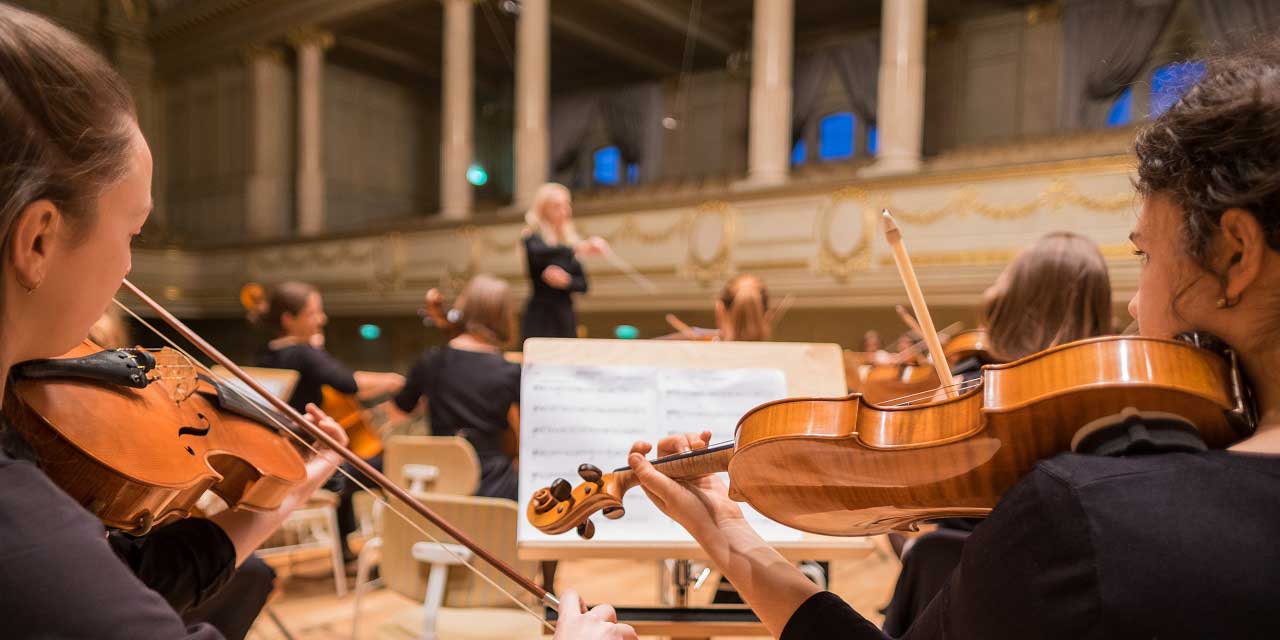
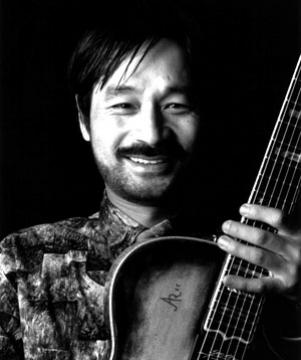
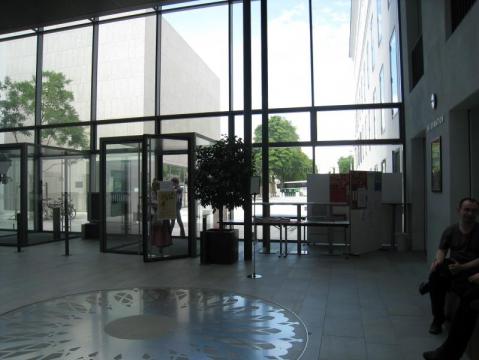
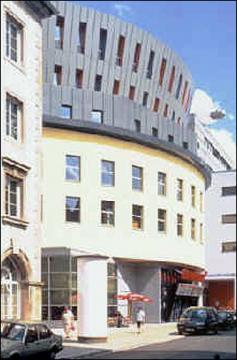

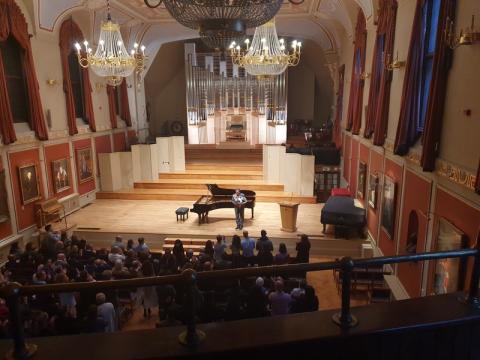
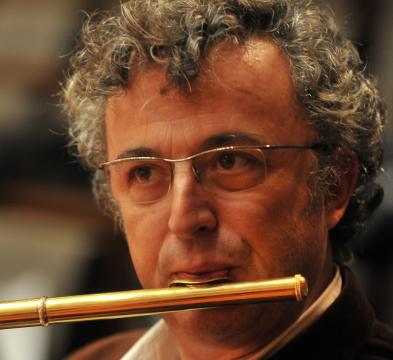
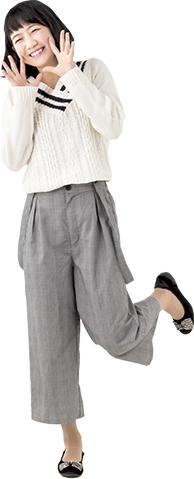

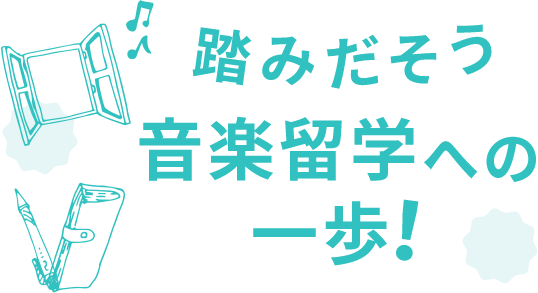
 Book a Counseling
Book a Counseling